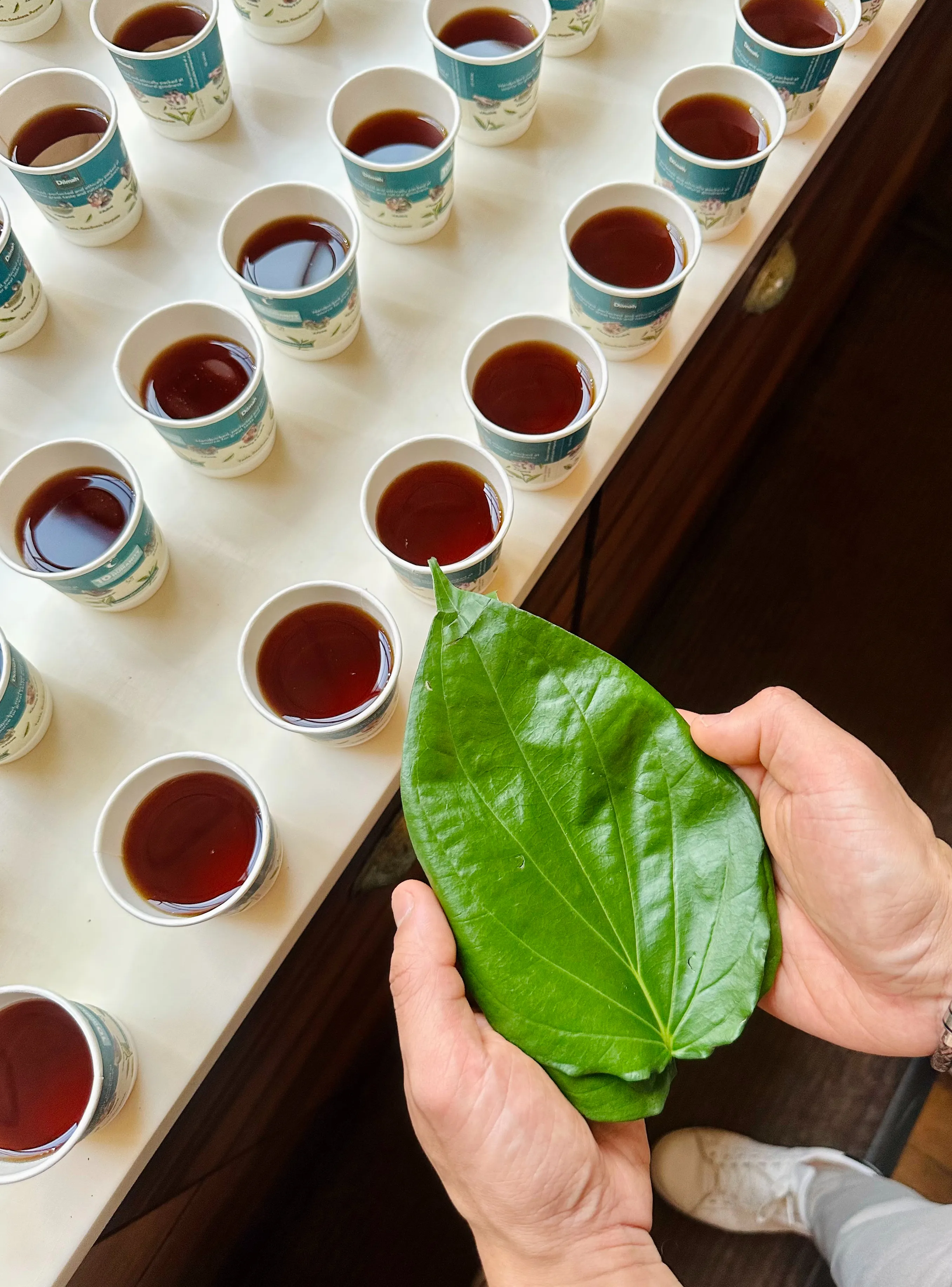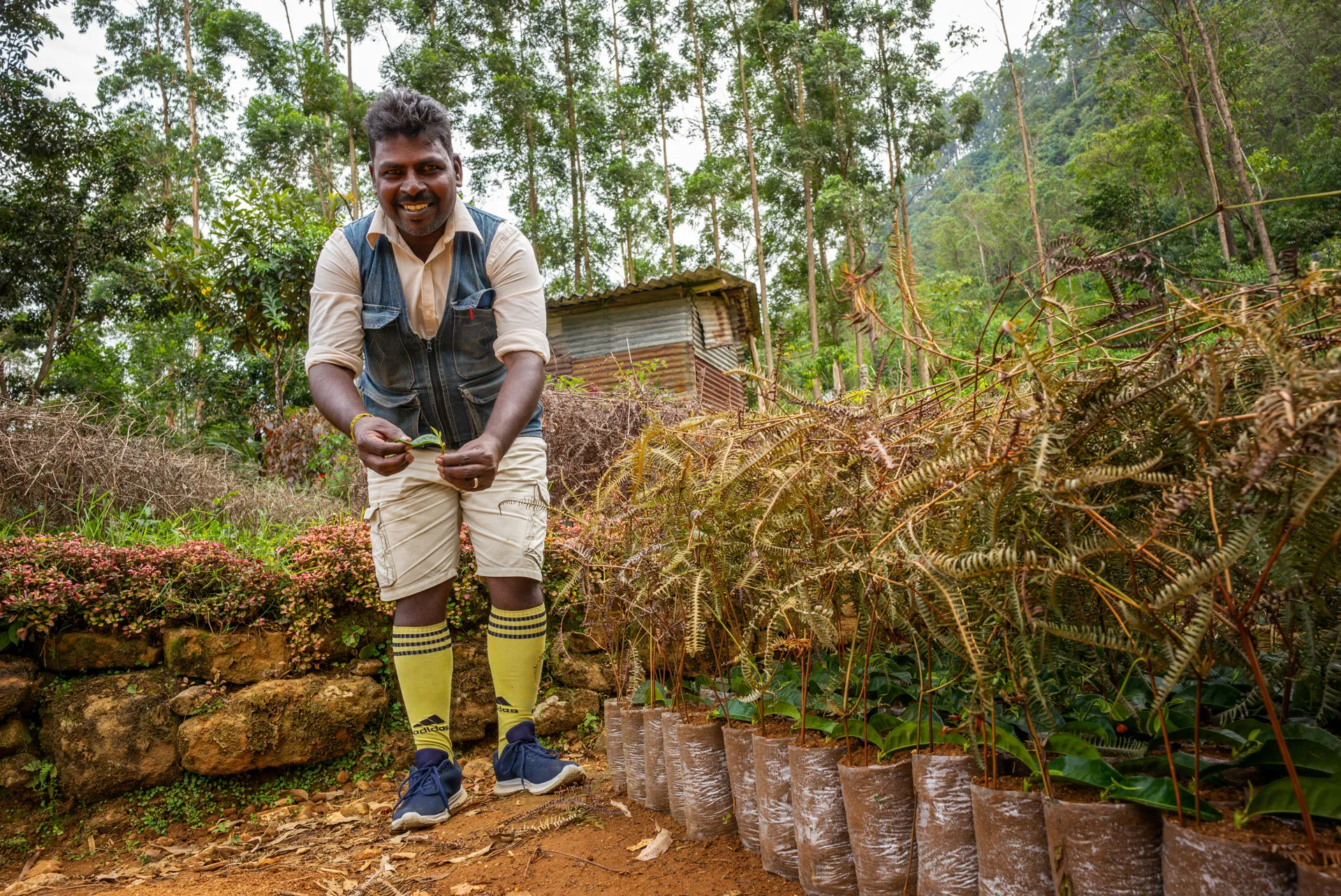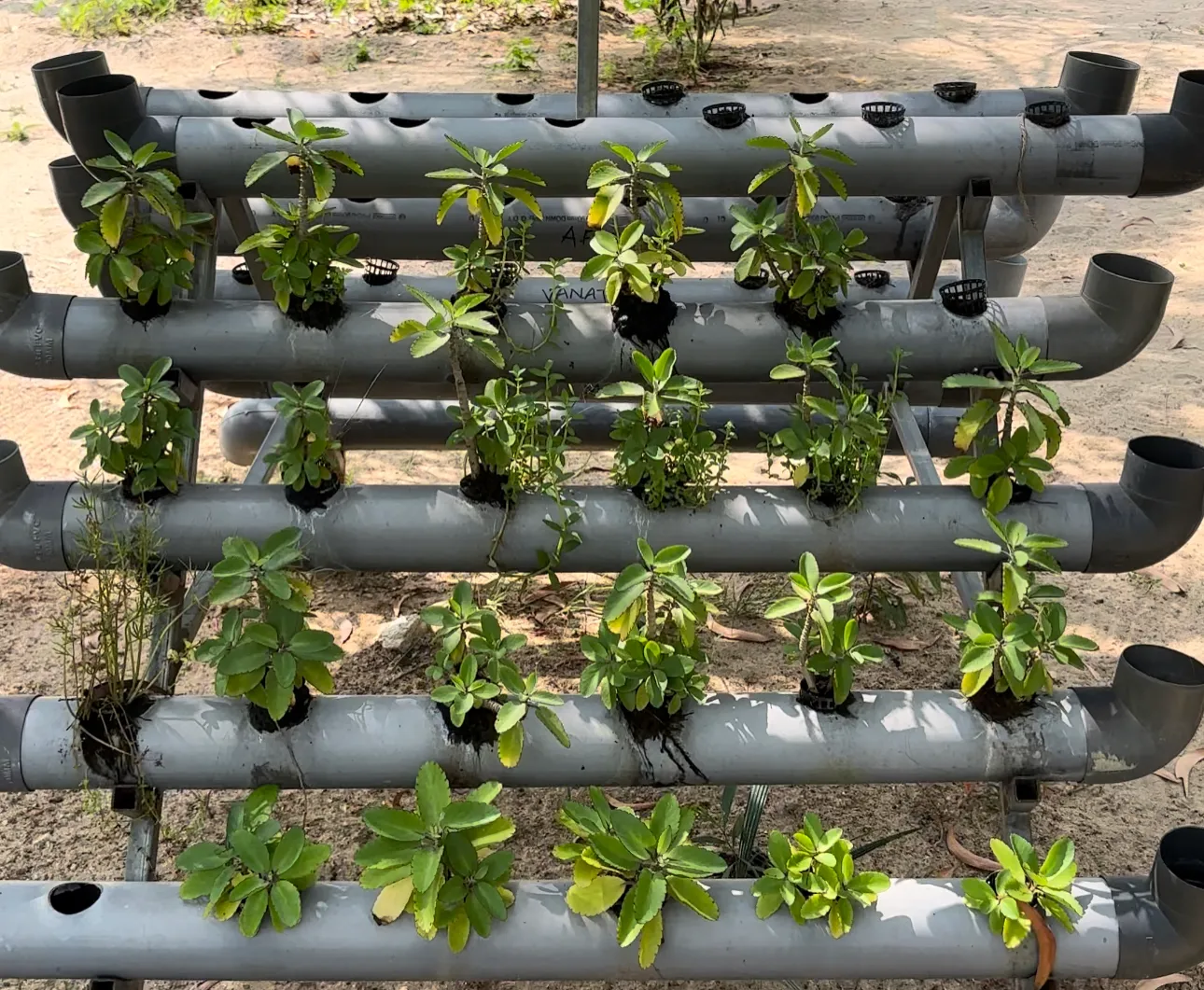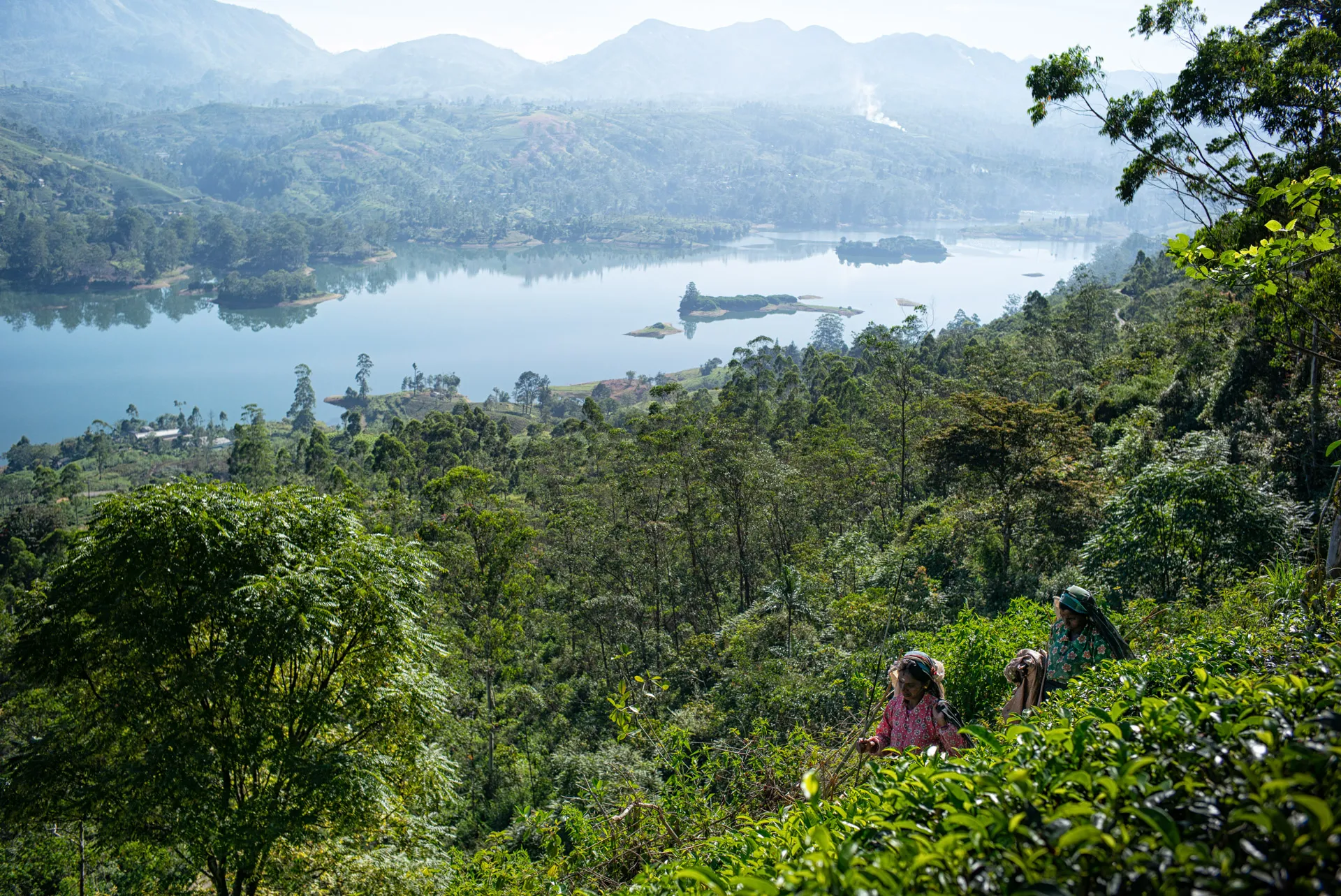A Cup of Kindness for Sri Lanka
These are difficult times for Sri Lanka. Our colleagues and their families are being hit hard by the economic crisis in Sri Lanka. There are huge shortages in basic needs such as food, medicine and fuel.
Chapters
If you would like to see an insiders view into the crisis in Sri Lanka check this video we shared (about 6 minutes) from our Sri Lankan friends via Linkedin.
Are you contemplating helping the Sri Lankan people? Your help is more than welcome. Buying tea directly from a Sri Lankan company is not only helping the people, it also impacts the economy and biodiversity tremendously.
Not a part, but all profits from everything you buy from Dilmah Europe go back to Sri Lanka. Dilmah has scaled up its humanitarian projects and is doing whatever is needed to bring relief to the local population.
Here are 5 ways you can make a difference for Sri Lankans:
- Consider a holiday to Sri Lanka (be well prepared, DYOR).
- Consider a remote Sri Lankan colleague for your project, you can easily hire highly competent talent through Upwork;
- Continue to order your favorite tea from Dilmah 💚
- Write a review for Dilmah to inspire others to buying tea directly from Sri Lankans;
- Share our story in your (work-)community, and network to inspire others to buy tea from a Sri Lankan company. Need help explaining to your community why buying tea directly from a Sri Lankan company makes such a big difference and why this is also the most sustainable choice? We have listed the top 10 reasons why.
10 reasons why Dilmah is the most sustainable Ceylon tea
1. Dilmah is origin-owned
All profits (and not just a few percent) from all Dilmah teas end up in the country of origin, benefitting the economy, protecting nature and serving the people. The proceeds from the added value by packaging at source are better spent by Sri Lankans. They know way more effectively how to sustain their own country than any other foreign entity offering 'charity' or 'philantropy'.
2. Dilmah invests in biodiversity
Wherever possible, Dilmah grows a botanical variety among its tea bushes to counter monoculture. Crops such as ginger, turmeric, cinnamon and cashew are cultivated on the tea plantations. Therefore, not everything can be officially certified as organic, as inspectors only assess a tea field with one single species. Be assured that Dilmah's tea without organic certification is treated in the same way (or even more naturally) as the tea with certification.
3. Dilmah returns pieces of tea plantation to the jungle
Dilmah's rewildering program let parts of the cultivated land go wild so that wildlife can pass through and the soil can recover. Normal (commercial) tea farmers cannot do this because their customers buy on fixed low prices, not on quality.
4. Dilmah produces and promotes biochar
On Dilmah plantations biochar ovens are built to process agricultural waste into natural plant nutrients. This process captures and stores CO2 into the soil.
5. Dilmah runs its own climate change research centre
This is the only 'privately owned climate change research centre' in the world. It actively researches the best ways for agriculture to prepare for the consequences of climate change. This centre supports the entire agricultural sector in Sri Lanka.
6. Dilmah feeds, educates & cares for more than 5000 workers and their families in Sri Lanka
In times of crisis such as the pandemic, no one is laid off. Caring for the people is number 1.
7. Dilmah celebrates & empowers diversity
People with Down's syndrome, autism or a disability are trained to develop a dignified, self sufficient life. Did you know that Dilmah is the proud sponsor of the national cricket team of blind cricketers?
8. Dilmah's entire operation is Carbon Neutral certified since 2017
Dilmah's carbon footprint is positive to the port of destination as a result of our investments in hydropower plants, solar energy and regenerative agriculture.
9. Dilmah is a role model for Sri Lankan talent
Dilmah gives them the confidence to develop their talents beyond agriculture. Dilmah is the tangible proof that Sri Lanka is not just a supplier of raw materials, as the colonists enforced, but Sri Lankans can add value too and build brands.
10. Dilmah spreads love for nature
Dilmah Conservation has built many nature education programs in Sri Lanka to educate Sri Lankans on the importance of nature. Beach clean-ups, botanical gardens, a butterfly garden, courses in beekeeping, an elephant orphanage, research on reptiles and amphibians, protection of caves and creation of mangrove forests, etc. The locals are involved in each project, so that the love is grown from within.
Once upon a time Sri Lanka was a paradise island and it has the potential to still be that. With your help, this dream will come true. Thank you for your support on behalf of all the people of our beautiful island. 💚
Explore the world of kindness
Have you ever wondered about the lifecycle of a tea plantation, particularly how new tea plants are cultivated and old ones are managed? I went to Dunkeld Tea Estate, where the art and science of tea begins in the nursery.
Discover how the MJF Centre for Dignified Empowerment and Sustainable Development helps Eastern Sri Lanka's recovery from natural disasters and addresses climate change through sustainable practices and community-focused initiatives.
You might have heard it already, but what is exactly World Earth Day? Let us talk you through what it stands for, what it means for us at Dilmah, and how it is not just a day but a part of our values.




